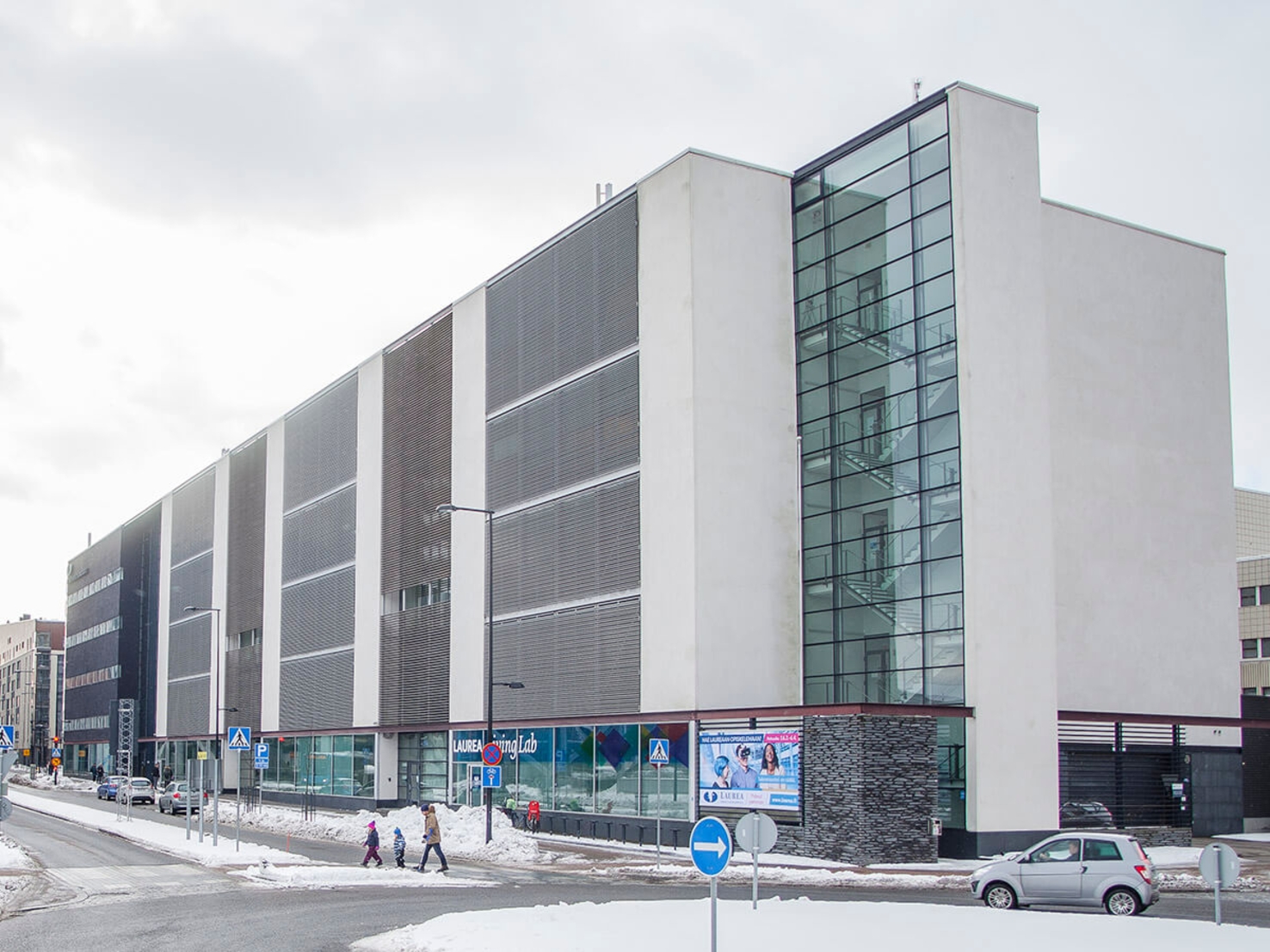The Spinning Pilots project brought together students and start-ups
The Spinning Pilots project, completed in co-operation with Laurea and Metropolia, supported health sector SMEs.

The Spinning Pilots project was implemented between the years 2017-2018. The strategic objectives of the Uusimaa region include strengthening the region’s position as an innovative hub for enterprises and supporting the growth of entrepreneurship of high competence. The Spinning Pilots project aimed to support these objectives with a focus on entrepreneurship in the health and well-being sector. The aim of the project was to create effective action models for students’ and health sector SMEs’ co-operation, and for international living lab co-operation.
Support with innovation activities
Since health and well-being technology is a globally growing market, especially start-up companies in the sector need support in internationalisation and with innovation activities. Living Labs have the role of supporter and a creator of action models. Typical features in the activities of Living Labs include the application of several methods, engagement of users and other stakeholders, operating in an authentic operating environment and co-creation. In creating action models for the companies, Lean Startup principles were used. That means optimising the production process by reducing all unnecessary stages.
The key stakeholders in the project were the multidisciplinary Laurea and Metropolia Universities of Applied Sciences, which brought their extensive offering, competence and experience in corporate partnerships to the table. With the co-operation of students and startups the aim was to create new innovations and increase the visibility of the companies.
The other stakeholders involved in running the project were Upgraded, the organisation for start-ups in the health and well-being sector, and Helsinki Think Company, the entrepreneurship society of the University of Helsinki, which has led several voluntary accelerators and programmes for students. In addition, the European Network of Living Labs and Forum Virium Helsinki provided support for the project. The project was funded by the Helsinki-Uusimaa Regional Council.
Final publication of the project can be read here.